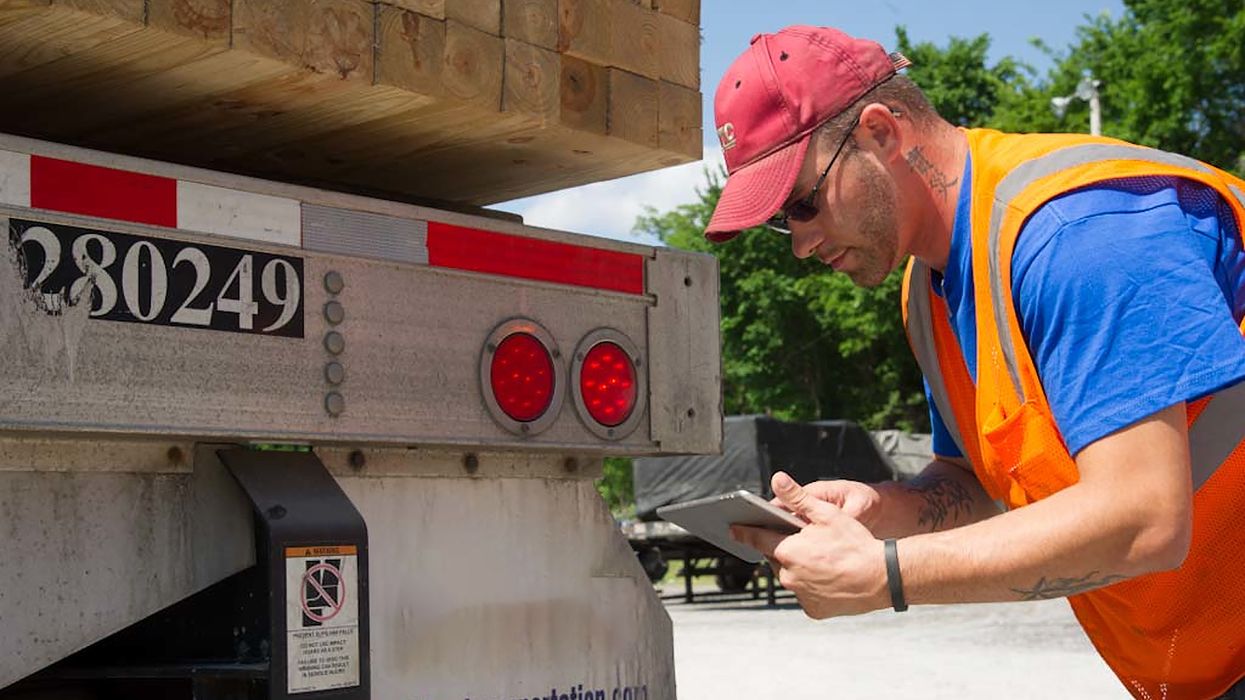Test your FMLA Fitness (for duty)
A friend recently told me that his employer required that he provide a doctor’s note before he could return to work after a medical absence. He wondered if his employer could require such a note, as he didn’t want to pay for another doctor visit.
I told my friend that, YES, the employer could make such a request but with some considerations. Read on to learn about those considerations, specifically regarding a fitness-for-duty (FFD) certification under the Family and Medical Leave Act (FMLA).
Requesting an FMLA Fitness-for-duty certification
When employees take FMLA leave for their own serious health condition, employers may require employees to provide a certification from a health care provider indicating that they’re able to resume work. This policy can be a condition of employment.
The requirement to provide an FFD must be given along with the designation notice. If you provide a list of the essential functions of the employee’s job with the designation notice, you may also require that the FFD certification address those essential functions.
FFD certifications typically coincide with continuous FMLA leaves. You generally may not require an FFD certification for each absence taken on an intermittent or reduced leave schedule unless reasonable safety concerns exist regarding the employee’s ability to perform job duties due to the serious health condition for which leave was taken. In that case, you may request one every 30 days. “Reasonable safety concerns” means a reasonable belief of significant risk of harm to the employee or others. You may not terminate the employee while awaiting such FFD certification for an intermittent or reduced schedule leave absence (unless the employee would have been terminated anyway for a reason unrelated to FMLA leave).
Content of an FFD
The FFD certification must certify that the employee is able to resume work. This could be a simple statement that the employee is released to duty. If it does, don’t ask for more information.
After an employee returns to work, you should not ask for more details or require the employee to undergo a medical exam, unless doing so would be job related and consistent with business necessity under the Americans with Disabilities Act.
You may seek a fitness-for-duty certification only with regard to the particular health condition that caused the employee’s need for FMLA leave. Just like with an initial certification, you may contact the employee’s health care provider only to clarify or authenticate the FFD certification.
Returning to work
You may not, however, delay the employee’s return to work while contact with the health care provider is being made. Furthermore, no second or third opinions may be required on an FFD certification.
You may delay restoration to employment until an employee submits a required fitness-for-duty certification, unless you have failed to provide the notice required. If you provided the notice required, an employee who does not provide an FFD certification or requests additional FMLA leave is no longer entitled to reinstatement under the FMLA.
Key to remember: While you may generally require employees to provide an FMLA fitness-for-duty certification before returning to work after a medical condition, you must ensure certain steps have been taken.





















































